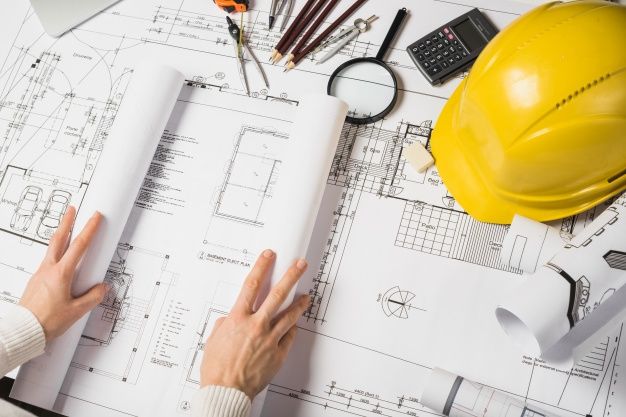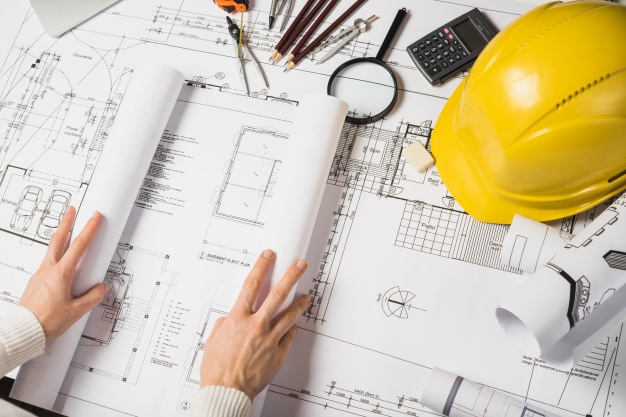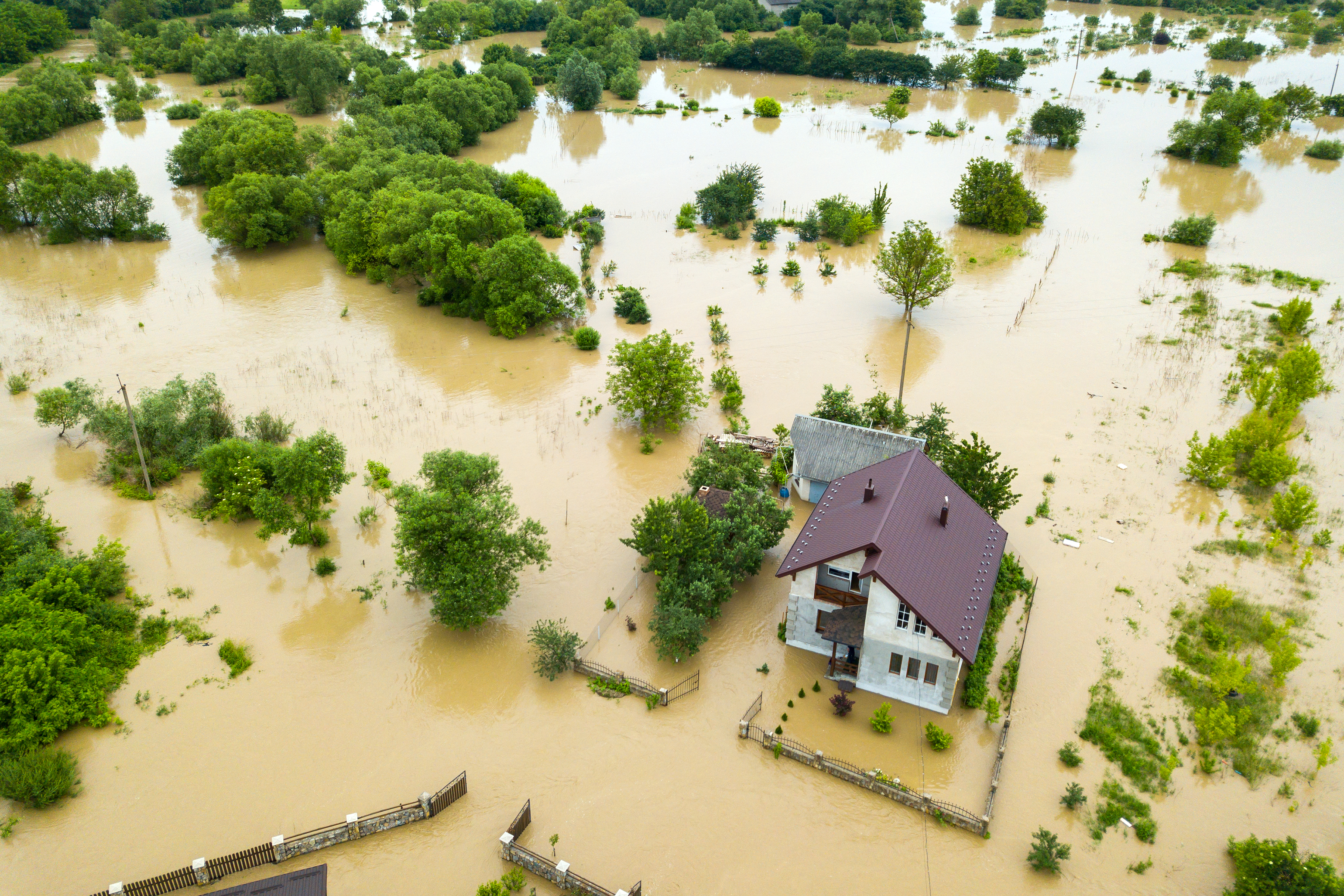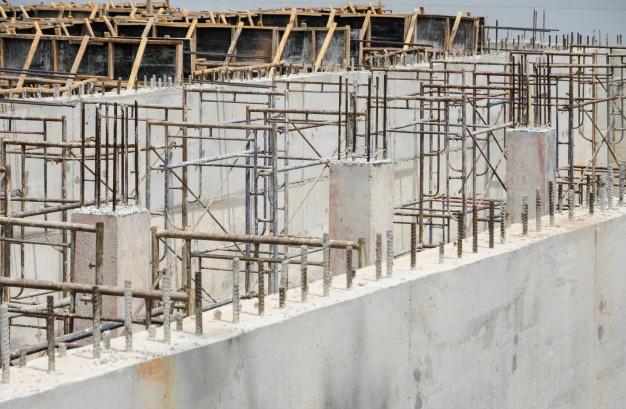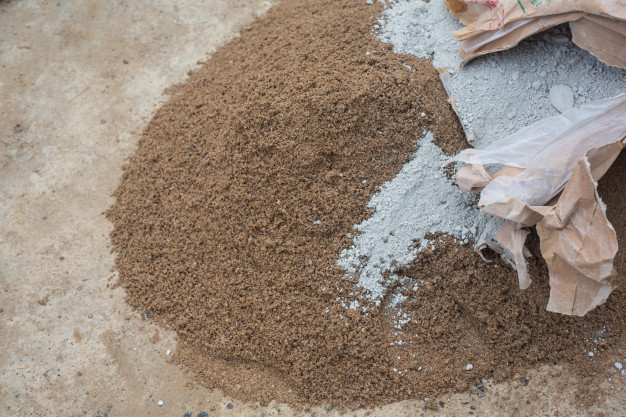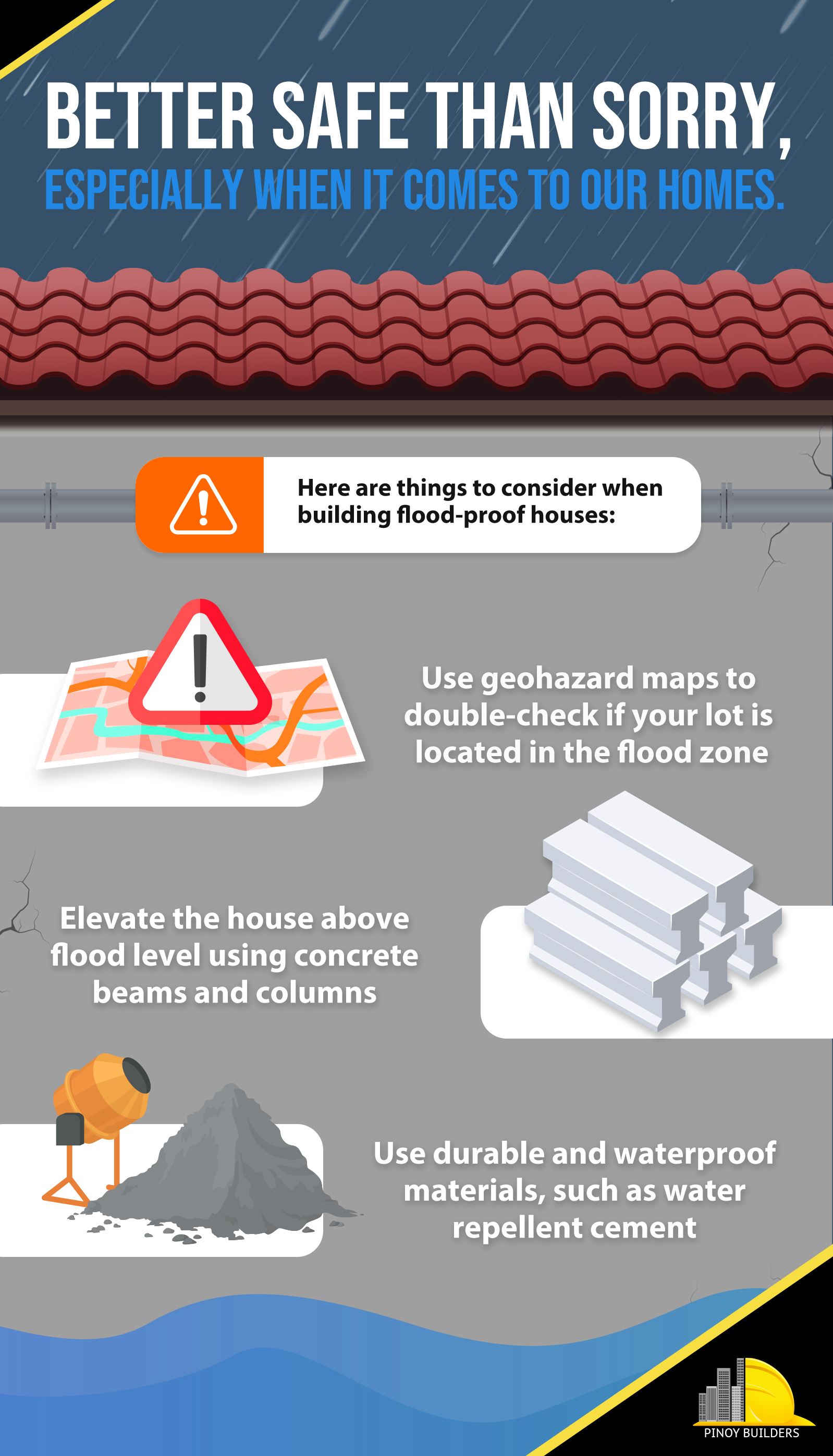Amidst the country’s continuous battle against the global coronavirus pandemic, many provinces in Luzon were submerged in flood, specifically Nueva Ecija, Pampanga, and Bulacan, after the onslaught of Typhoon Ulysses last November 2020.
Typhoons are a yearly natural occurrence in the Philippines. Due to its geographical location in the “Pacific Ring of Fire”, the country is in a prime spot to experience approximately 20 typhoons per year. According to many scientists, the growing intensity of these tropical cyclones over the decades is connected to the worsening climate change.
Alongside the many flood management measures done by the government and the private sector to effectively manage major flood events in the future, you can also look into these things to consider when building flood-proof houses in the Philippines.
Double-check if your lot is located in the flood zone
Use geohazard maps to double-check if your lot is located in the flood zone. Photo from https://www.freepik.com/.
Before buying a lot for a new house or other infrastructure projects, determine first if the property is located in flood-prone areas.
Check out the geohazard maps from the website of the Philippine Atmospheric, Geophysical and Astronomical Services Administration (PAGASA). According to these maps, the top ten flood-prone locations in the Philippines are Pampanga, Nueva Ecija, Tarlac, Pangasinan, Maguindanao, Bulacan, Metro Manila, North Cotabato, Oriental Mindoro, and Ilocos Norte.
Elevate the house above flood level
Elevate the house above flood level using concrete beams and columns. Photo from https://www.freepik.com/.
Before the Spaniards even came to the Philippines, nipa huts or bahay kubo were the native stilt houses of the indigenous people in the country. In terms of construction design, these houses are elevated because of the natives’ superstitious beliefs and floods during the rainy season.
This design can still be used in the modern 21st century when constructing flood-proof houses. Instead of using wooden stilts, consider elevating your home above the flood level using concrete beams and columns. Check this website for more information on methods in elevating a house.
Use durable and waterproof materials
Use durable and waterproof materials, such as water repellent cement. Photo from https://www.freepik.com/.
Choosing the right material for your flood-proof house is equally as important as the design. Using concrete or cement blocks is the top choice for many architects because it is durable, rigid, and fire-proof.
Additionally, Holcim Philippines recently launched the first-ever water repellent cement in the country, Holcim Aqua X. It contains Active Water Repellent Boosters, designed to protect houses and other construction projects from damage and deterioration caused by water. Read this for more information on Holcim Aqua X.
Now that the rainy and typhoon season has finally arrived, it is important now more than ever to make sure we keep our properties and loved ones safe from any natural and man-made hazards, especially amid global health and climate crises.
CITATIONS
-
Asian Disaster Reduction Center (n.a.) Information on disaster risk reduction of the member countries. Retrieved from “https://www.adrc.asia/nationinformation.php?NationCode=608&Lang=en”
-
Dunne, D. (2020 Nov 3). Typhoon Goni: How is the ‘strongest storm of 2020’ linked to the climate crisis?. In the Independent. Retrieved from https://www.independent.co.uk/climate-change/news/typhoon-goni-super-2020-philippines-climate-crisis-b1562346.html
-
Fontan, J. (2020 Jun 3). Flood proof house design. Retrieved from https://fontanarchitecture.com/flood-proof-house-design-ideas/
-
Williams, J. (2016 Jan 8). Five ways to build a flood proof home. Retrieved from https://earthbound.report/2016/01/08/five-ways-to-build-a-flood-proof-home/
-
Yap, DJ. (2012 Sept 8). Check geohazard maps before buying a house. In Inquirer.net. Retrieved from https://business.inquirer.net/80966/check-geohazard-maps-before-buying-a-house
![]()


